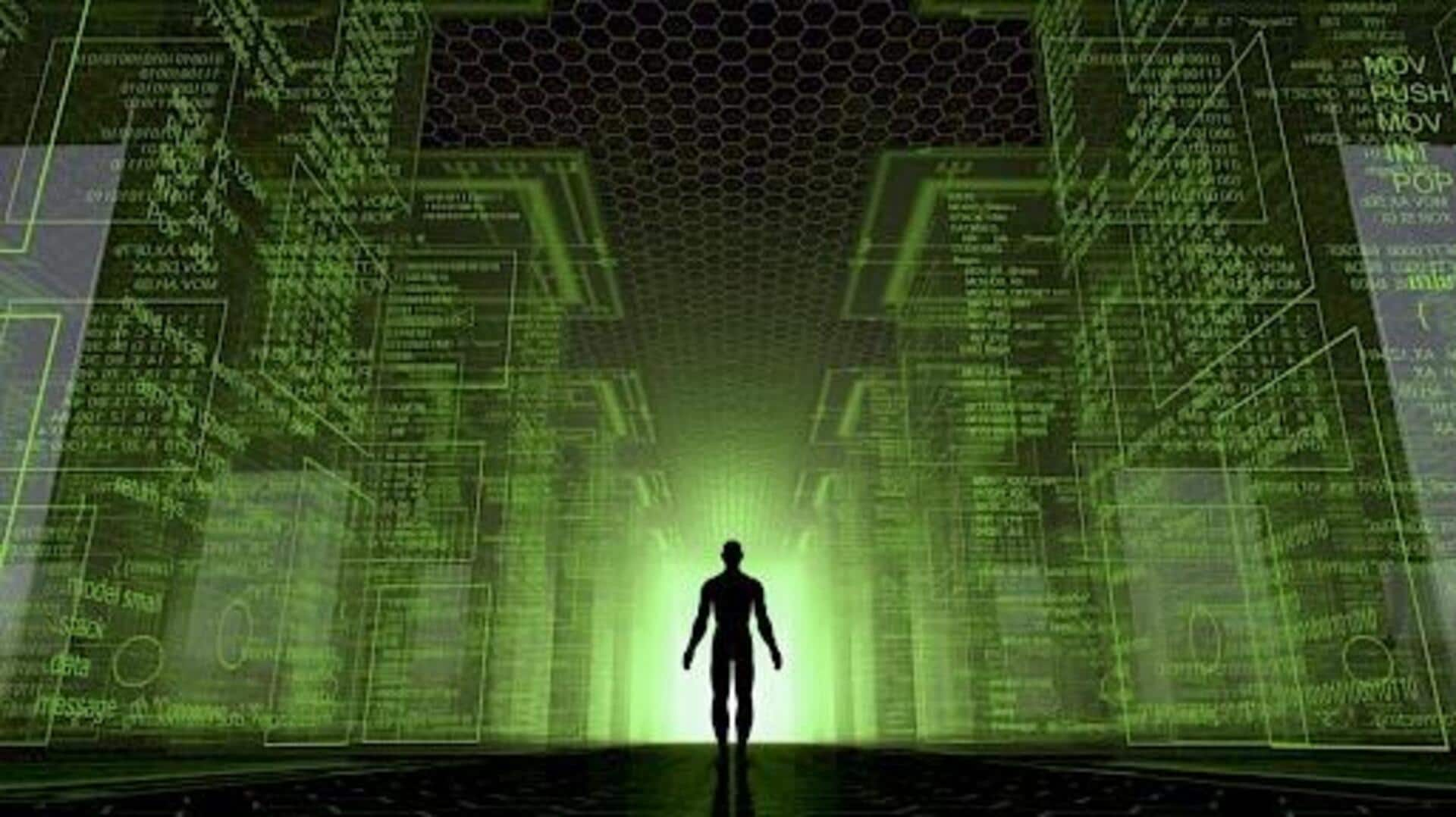
Could we be living in a simulated reality?
What's the story
Thomas Campbell, a former NASA physicist, is currently conducting a series of experiments to test the theory that our reality might be computer-simulated. This concept, which has been contemplated by philosophers for centuries and popularized by the 1999 film The Matrix, is now being scientifically examined by Campbell. His research was outlined in a 2017 paper published in The International Journal of Quantum Foundations.
Research initiation
California university begins testing simulated reality theory
The first of Campbell's experiments is currently underway at California State Polytechnic University. In addition, Campbell has founded a non-profit organization, the Center for the Unification of Science and Consciousness (CUSAC), to financially support this novel research. According to a CUSAC press release, these experiments are "expected to provide strong scientific evidence that we live in a computer-simulated virtual reality."
Quantum challenge
Campbell's experiment challenges quantum physics theories
One of Campbell's experiments involves a unique approach to the double-slit experiment, a physics demonstration that shows how light and matter can exhibit both wave and particle properties. His hypothesis suggests that without an observer, the recorded information never existed. This idea challenges current quantum physics theories about particle entanglement across distances. In simple terms, Campbell's theory suggests that without a player, the universe doesn't exist, much like a video game, supporting his belief that the universe is exclusively "participatory."
Consciousness connection
Consciousness fundamental to reality
Campbell contends that our "consciousness is not a product of the simulation — it is fundamental to reality," as stated in CUSAC's press release. If his theory is proven correct, it could "challenge the conventional understanding of reality and uncover profound connections between consciousness and the cosmos." This groundbreaking research may potentially redefine our perception of existence.